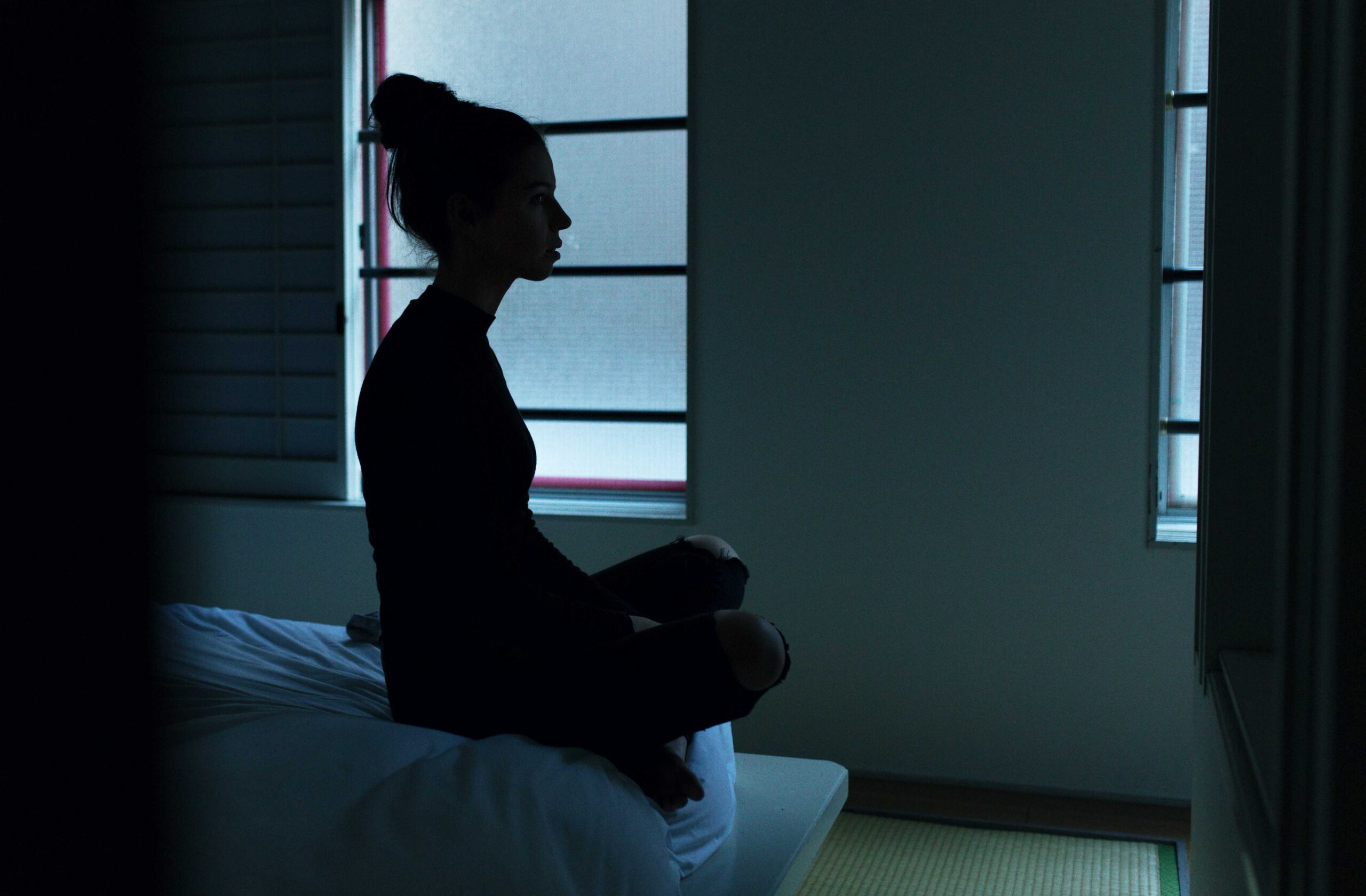
Insomnia is a common health condition that causes sleep issues that interfere with a person’s ability to cope with daily life.
In this blog post, we will discuss in detail what insomnia is, what causes it, how it is diagnosed, and how to cope with it.
Insomnia is characterised as “A common sleep disorder that can make it hard to fall asleep or stay asleep. It also can cause you to wake up too early and not be able to get back to sleep. You may still feel tired when you wake up.”
If you have insomnia for less than three months, it is called short-term insomnia. Insomnia that lasts for three months or longer is long-term.
Every person will need a different amount of sleep but on average, you can expect to need the below:
If you are consistently feeling tired throughout the day, you are not getting enough sleep.
You might have insomnia if you exhibit the below symptoms:
There are several causes, depending on the type. Some potential causes can be found below:
You should make an appointment to see your GP if you find it hard to get to sleep or stay asleep – especially if it is causing problems in your daily life.
Your GP will ask about your sleep routine, your alcohol and caffeine consumption and lifestyle habits like diet and exercise. They will check your history for illness or medication.
Your GP will try to work out what is causing your insomnia so you can have the right treatment.
Often, cognitive behavioural therapy (CBT) is offered. This could be face-to-face with a therapist, or through online self-help. CBT can help you transform the thoughts and behaviours that stop you from sleeping.
You may also be referred to a sleep clinic if you have symptoms of another sleep disorder, such as sleep apnea.
It is very unlikely that your GP will prescribe sleeping pills to treat your insomnia. Sleeping pills could have serious side effects and you may become dependent on them. They will only be prescribed for a few days, or weeks at the most, and only if your insomnia is particularly bad and other treatments have not worked.
Alongside the above, it may be worth trying the following lifestyle changes:
Insomnia is not something to be taken lightly. A lack of sleep can affect a person’s mental and physical health.
With the right support, the condition can be treated and even cured – make sure to reach out if you suspect you may have it.
We hope you found this article useful!
If you want to read about the importance of sleep in relation to our mental health, click here.
Healthline – Tips for Good Sleep
Photo by Ben Blennerhassett on Unsplash.